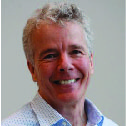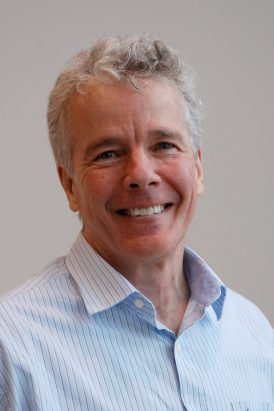

Can introductory laboratory courses give students meaningful opportunities to be involved in research, learn the nature of scientific discoveries, and appreciate how scientific results can be applied to everyday life? Could such experiences lead to better retention rates of students in STEM disciplines?
The innovative design of the research-centric section of Bio 173, Introduction to Biology Lab, acts on the hypothesis that exposing early undergraduates to genuine research experiences where outcomes are unknown will enable them to not only grow intellectually but also to experience the excitement that comes with creating new scientific knowledge. Cast as both investigators and research subjects, students generate data about the microbes present in their digestive tracts and the effects of experiments such as adjusting fiber intake. They learn to culture samples, run analyses, and present their findings. The thrill of knowing that their data is also being used in actual clinical studies, thanks to collaborations between Professor Schmidt’s lab and researchers in the medical school, further heightens students’ motivation and enjoyment.
Applications to this section have quadrupled (from 69 to 287) over the first ten iterations between winter 2015 and fall 2019, showing the power of this approach. Even more impressively, section participants are being retained and recruited into STEM fields at higher rates than their peers, and this effect is amplified for underrepresented minority and first-generation students.
Student Comments
I had always thought I wasn’t smart enough to do research, however the course allowed me to become curious and learn that research is for anyone willing to put in the work.
I didn’t know what to expect coming in, but I ended up learning more than I could have imagined. In fact, I was so intrigued by the content that I wanted to continue discovering microbiological concepts, ultimately majoring in this field.
It allowed me to understand for the first time how exciting and personal real science can be: from approaching a unique topic like the human gut microbiome, to actually participating in a study, and finally to analyzing the data and seeing what was living inside my own gut microbiome!
The microbiome course taught me science the way science is done - not by doing experiments 1000 students have done before, but by empowering me with the experimental and analytical tools to ask my own new questions.
I think this course is how every college lab should be taught. It made me feel as if the skills that we were learning and the material we were discussing would help me in life and in my career, and made me genuinely want to go into lab every day.
One of the first classes I got to conduct actual research in, it helped me figure out what path I wanted to continue down in undergrad.




